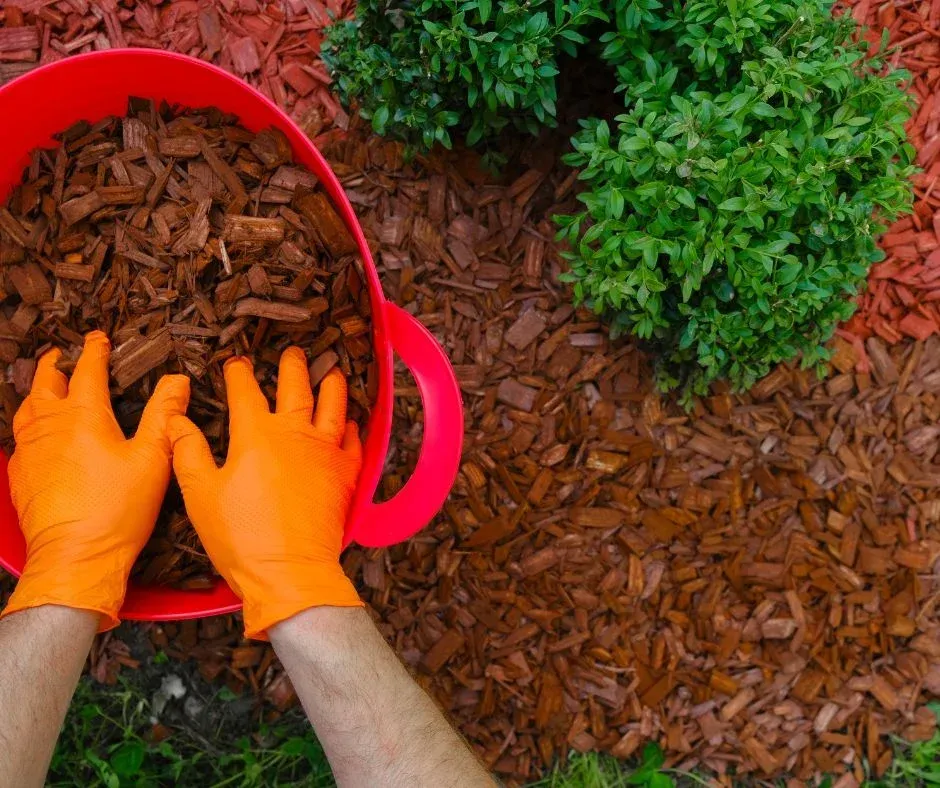2024 Gardening Trends: Embrace the Power of Mulching

As we step into the year 2024, gardening enthusiasts and experts alike are excited to explore the latest trends that will shape the world of gardening. One trend that has gained significant attention and is set to make a lasting impact is the practice of mulching. In this article, we'll delve into the fascinating world of mulching and why it has become an essential element of modern gardening.
The Importance of Mulching:
Mulching is not a new concept in gardening, but it has gained renewed popularity for several compelling reasons. This eco-friendly technique involves covering the soil with a layer of organic or inorganic material, providing a range of benefits to both plants and gardeners.
Moisture Conservation:
In an era where water conservation is paramount, mulching plays a vital role in retaining soil moisture. A thick layer of mulch acts as a barrier, reducing water evaporation and helping your plants thrive even in dry conditions. This trend aligns perfectly with the increasing awareness of sustainable gardening practices.
Weed Suppression:
Gardeners have long battled with weeds, but mulching can significantly reduce this ongoing struggle. Mulch acts as a natural weed barrier, preventing weed seeds from germinating and reducing the need for chemical herbicides. As people embrace more organic and chemical-free gardening, mulching is an ideal solution.
Soil Health:
Healthy soil is the foundation of a successful garden, and mulching contributes to soil improvement. As mulch breaks down over time, it enriches the soil with organic matter, improving its structure, fertility, and overall health. This creates an environment where plants can thrive and grow vigorously.
Temperature Regulation:
Extreme temperature fluctuations can stress plants. Mulch acts as a natural insulator, protecting plant roots from the harsh elements. In colder climates, it provides a buffer against frost, while in hot climates, it helps to keep the soil cool, reducing heat stress.
Aesthetic Appeal:
Beyond its practical benefits, mulching adds an attractive finishing touch to your garden beds. With various types of mulch available in different colors and textures, you can enhance the visual appeal of your garden, making it an inviting and beautiful space.
Types of Mulch:
To embrace the power of mulching, gardeners can choose from various types of mulch, including organic options like wood chips, straw, leaves, and compost, as well as inorganic options like gravel and landscape fabric. Each type of mulch offers its unique advantages, allowing gardeners to select the one that best suits their needs and preferences.
As we embark on a new gardening season in 2024, it's clear that mulching is not just a passing trend but an essential practice for modern gardeners. Embracing the power of mulch not only promotes sustainability and water conservation but also contributes to healthier, more vibrant gardens. So, whether you're an experienced gardener or just starting your green journey, make mulching a part of your gardening routine and reap the rewards of a beautiful and thriving garden.
